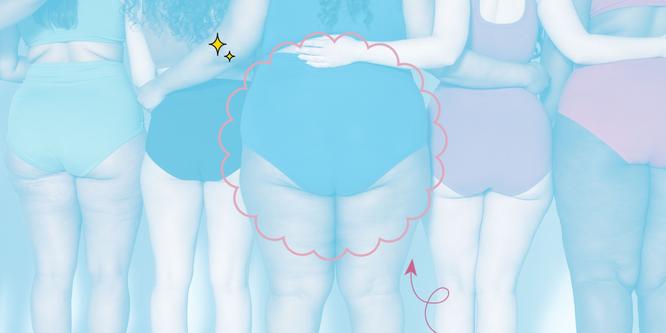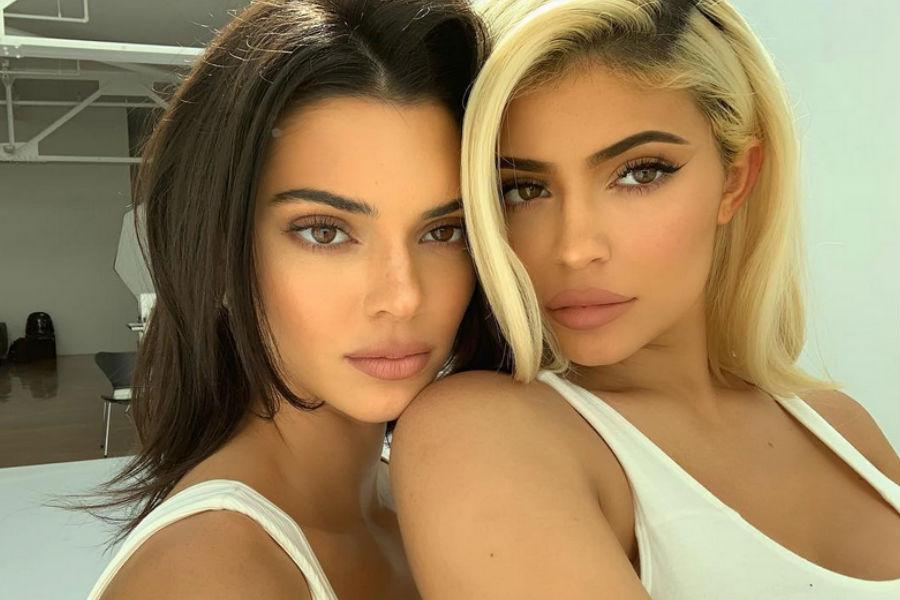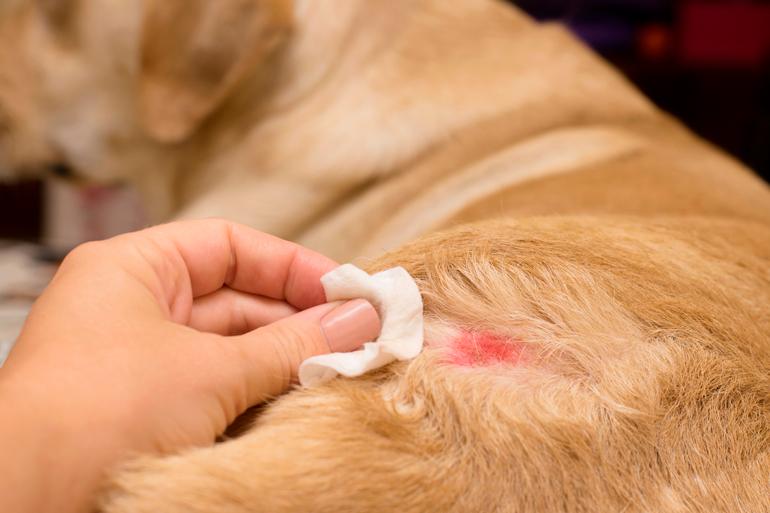What about the 'curvy' movement in the world of beauty?
Many curvy teens have found in beauty the perfect ally to look pretty. Contrary to what happens with fashion, which 'questions' them for not having a standardized size, 'beauty' products not only help them look pretty, but are also a tool to express themselves. What's more, red lipstick or black eyeliner are infallible when it comes to feeling sexy and powerful. But if cosmetics and makeup are decisive in raising their spirits, why don't their ads represent them either?
Think for a second about beauty spots. In them there are usually beautiful, slim women, with skin free of acne, blemishes, stretch marks or scars and, in addition, has an enviable tan; not to mention his smile, perfectly aligned and immaculate white. “One of the main reasons why advertising and marketing are criticized is that they are based on an aspirational, unattainable model. A certain type of silhouette is presented as desirable: thin, tall and stylized, which does not correspond, far from it, with the real figures of the people to whom it is addressed”, says Javier Garcés, psychologist and president of the Association of Psychological and Social Studies. The biggest problem is that, "by being based on an unattainable model, it creates a continuous dissatisfaction with one's own image, which turns many people into dissatisfied, but tireless, buyers of the products they sell," he adds.
It is true that we all like that the media, social networks or web pages reflect an aspirational part, but from there to not even seeing hands with thick fingers in the official photos of any beauty brand there is an abyss . “Many of the eating disorders, so widespread especially among young women, have to do with continually receiving the message that the only chance to be attractive and succeed in your environment is to have a certain type of figure. And, what in most people creates a permanent dissatisfaction with their own appearance, in vulnerable people it can create a serious psychological disorder, ”says the expert. Moreover, from a psychological point of view, the inclusive part is more positive, since "it allows people to identify from a vision that is more adjusted to reality, and not from ideals that are difficult to achieve, which can generate dissatisfaction and frustration due to their distance in relation to one's own physique”, adds Pilar Conde, technical director of Clínicas Origen.

In 2004, the Dove brand revolutionized beauty canons with its advertising campaign 'For Real Beauty', which showed women whose physical appearance did not fit the usual beauty stereotypes. However, since then there have been few 'beauty' firms that have opted for plus-size models... Some (counted) examples are St. Tropez, with Ashley Graham as spokesperson, the American body care brand Megababe, which has women of all kinds for your photos, or Fenty Beauty, Rihanna's firm that is firmly committed to naturalness. But, although we think that 'curvy' models are not necessary in beauty advertisements, their presence is beneficial for plus-size girls. “It helps them feel identified with the canons that are exhibited and that reinforce them, thus improving their self-concept and self-esteem,” says Conde.
Some cosmetic firms, on the other hand, could argue that showing fat women in their campaigns could send the wrong message in which obesity and an unhealthy lifestyle are encouraged, although the expert consulted does not think so : “A healthy body can be of different weights, the 'curvy' model is a healthy model. What opens is a greater range of sizes and types and shapes of the body within the healthy”. Garcés, for his part, affirms that the message that should be transmitted from the industry is: “The desire to be as attractive and healthy as possible is good. But the need to have a certain type or to win the approval of others is not. Just try to take care of yourself, have healthy habits, get the best out of yourself and enjoy feeling good in your own body every day.”









1770